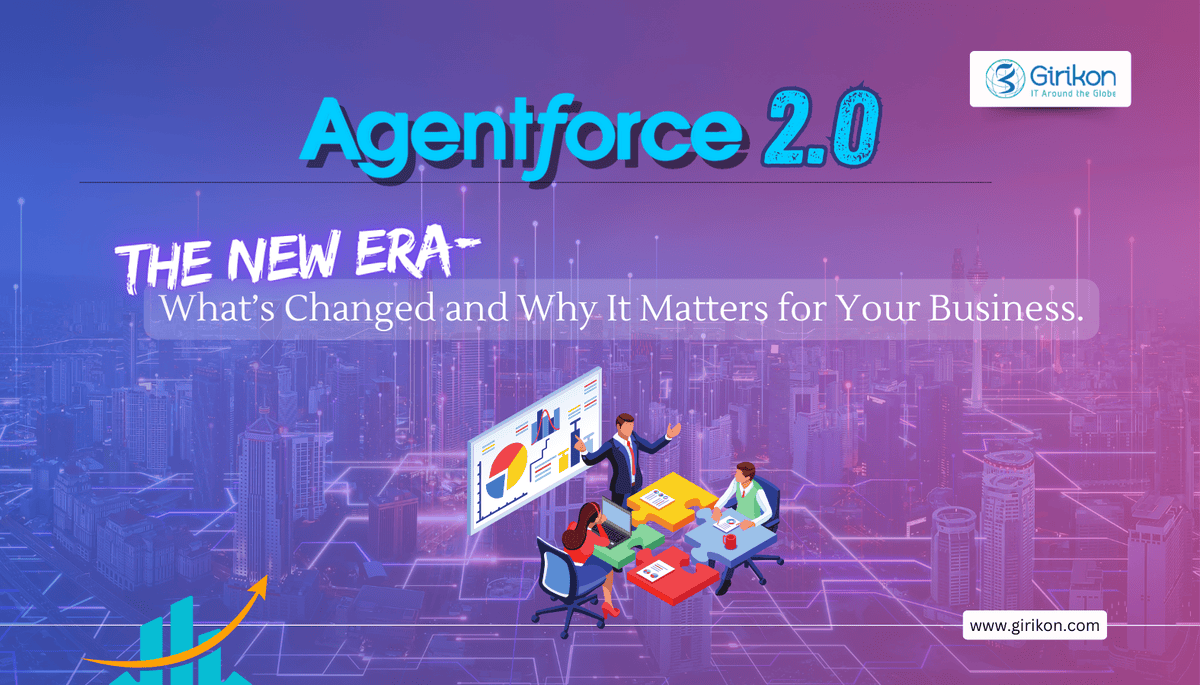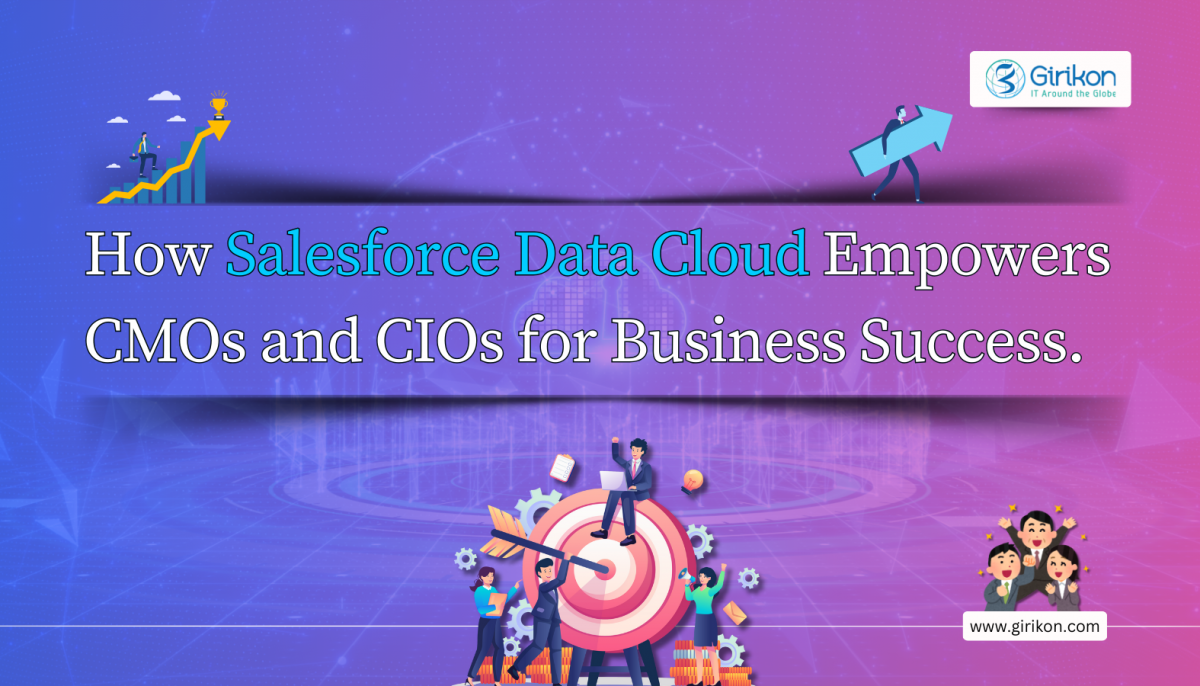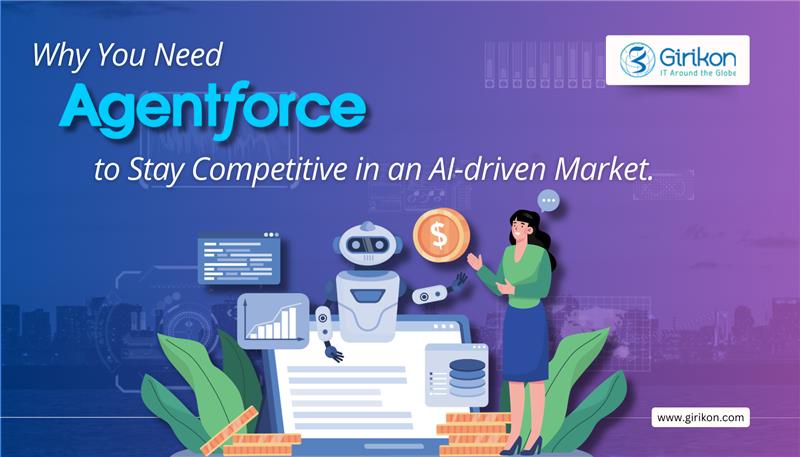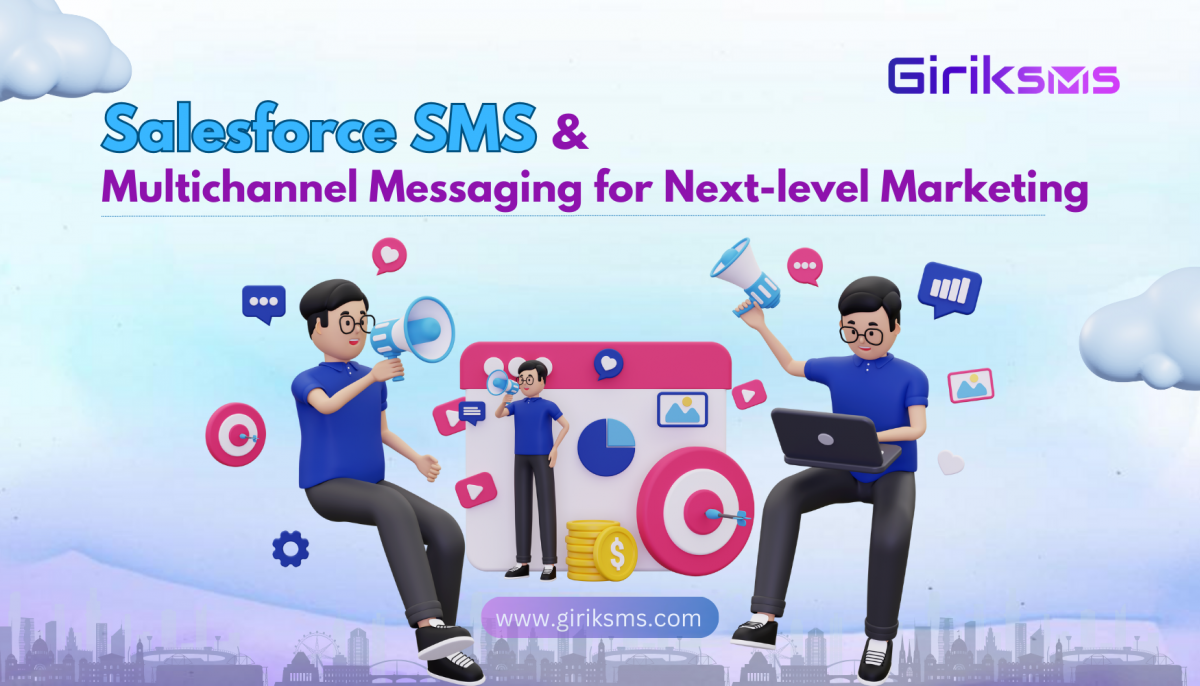Our Blogs
Whether you are already running a Salesforce instance in your organization and would like to upgrade it, or you want to set up a Salesforce implementation from scratch, you will probably need the expertise of a Salesforce consulting partner.
With the global adoption of the world’s No.1 CRM platform, the Salesforce consulting partners network has been growing over the years, ranging from individual consultants to global partner firms, offering extensive expertise across Salesforce products and industries and third-party apps.
But, how do you find a consultant that is best suited for you? Here are the top 9 mistakes companies usually make when Salesforce consulting partner and how to tackle them.

Mistake #1: Not having a clear definition of business goals
As a business leader you are expected to show the way. It’s not the job of a consultant. Before you decide what type of implementation you want, it is critical to understand why you need the proposed solution in the first place. How does it address your business goals? What problems is it going to resolve for you? What direction do you want your business to take post implementation?
Without a clear understanding of these aspects, you may end up squandering time, money and effort on an underutilised Salesforce implementation and never really realise its full potential.
To set the right direction for your business with the help of your Salesforce implementation, you need to clearly define:
Determine Business Objectives – Enlist what you wish to achieve with the Salesforce platform, just in the immediate term, but over a 3-4 year period.
Define Optimal Project Schedule – Set realistic expectations you’re your project execution timeline. Typically, implementation times take months for for mid-size businesses.
Define your budget – Do thorough research and establish the budget range you are willing to invest into Salesforce implementation and administration going into the future over a 3-4 year period.
Establish your Partnership Model – Determine the implementation scenarios of your project based on budget, time and resource constraints: will your Salesforce Implementation Partner perform complete implementations, will you split responsibilities with your partner, or you will do everything with internal resources while being guided by your partner.
Define Project Stakeholders – Identify key people from your team who you want to involve in your project implementation. Amongst them, identify a champion who will drive the project.
Define Salesforce Partners Roles – Identify the project roles and responsibilities that can be outsourced to your partner. Draft an RFP based on these roles which will help you to simplify discovery sessions with your prospective partner.
Mistake #2: Lack of Basic Salesforce Knowledge
This step is often overlooked. To be on the same page with your implementation partner or consultant, you need to be familiar with the most common terms and capabilities of the Salesforce platform. Educate yourself with product demos, Case Studies and Whitepapers on the Salesforce websites to know about the features relevant to your business domain. Knowing how Salesforce has helped companies around the world in your domain, will help you speak the same language as your partner.
Mistake #3: Prioritizing Price over Quality
Yes, you would like best Salesforce Consulting Partner your money can buy. And there is always a tendency to attracted to cheaper offers.
But sometimes, when you hire a low cost alternative with tight budgets, there are costs overruns and hiring that consultant may actually result in even higher running costs than originally planned, schedule overruns or worst case, project failure.
Eventually, you may decide to invest only in Salesforce developers. Initially it may seem financially viable. However, if your developers do not have holistic expertise on the domain as well as the product, you may end up with an implementation that may either be underdeveloped or well developed but under-adopted by your end-users.
Which is why Salesforce recommends working with Salesforce Certified partners so that there are no surprises in the long run. It is an expensive option compared to others, but the chances of success are much higher.
Mistake #4: Underestimating the power of reviews
All companies design their websites to look great. And why wouldn’t they? They want you to think that are the best at what they do. However, that’s not the entire story. But what are their clients saying about them? Customer reviews on AppExchange are a great indicator of customer satisfaction levels. Read reviews to know what’s good and what not about a product or app. There are also third part websites which publish reviews of companies for their services.
Mistake #5: Rushing into a decision
Investment into a Salesforce implementation is a huge decision. There is absolutely no reason to rush into it just because your competitors are doing it. Take your time, understand how a partner can help you and make an informed decision.
Ping your network for references, surf through Salesforce platforms like AppExchange and the Trailblazer Community to access a larger pool of consulting companies. Go through their portfolios in detail. Browse through their client case studies for similar projects, determine how their work experience matches with what you need and compare.
Mistake #6: Ignoring the marketing background of a Salesforce partner
At the core of its business, Salesforce is a digital marketing company that empowers businesses to manage customer relationships and enables marketers to launch campaigns, track conversions, and measure ROI.
However, not all Salesforce consultants have adequate digital marketing experience, and while it’s not mandatory, in order to maximize utilization of the power of Salesforce, you should find one that does.
Solution implementation customization and administration are not the onoy things you need help with. You need to know how your business goals align your marketing goals.,
Mistake #7: Hiring a Salesforce Consultant with inadequate relevant experience
You will find that there is no dearth of skilled technical experts on the AppExchange platform. But are technical skills and certifications enough to ensure the success of your project?
No doubt, relevant technical knowledge is critical for successful Salesforce implementation, and you should always pay importance to the proper certifications of the consultants on your partner’s team. However, domain expertise is equally important.
What if Salesforce doesn’t offer out-of-the-box solutions for you line of business. You will then need to identify experts that can customize Salesforce for your unique business needs.
Lack of relevant and adequate industry experience may lead to an implementation with cracks and consequently impact adoption by your team and your ROI.
Besides domain knowledge, you should also look for partners who have enough resources to work with a company of your size and have worked on similar projects.
Your due diligence on your prospective partner’s technical and marketing background will augur well in the long run. Take your time and do a thorough investigation into identifying the best fit partner for your project.
Mistake #8: Not Choosing an Expert
Why do you need to hire an implementation partner? Because you don’t have that level and kind of competence and experience available within your organization, right? And the last thing you want is a partner that readily agrees to every suggestion you make.
What you need is a real expert who has the technical as well as the industry expertise to examine and inquire your business in-depth, and will confidently take the lead and suggest the path forward.
Certified Salesforce Consultants avoid common mistakes, because they’ve learned the hard way, and will suggest the best path forward even though it may not appear right to you. In other words, they will not hesitate to disagree with you.
Mistake #9: Not looking long-term
One of the most common misconceptions amongst businesses is that their engagement with their implementation partner finishes with the deployment of Salesforce.
The truth however is quite to the contrary. Post implementation, your project will enter a phase where you will need expert support of a different kind: to drive user adoption of the platform, ensure that your platform is configured correctly after each Salesforce release, and troubleshoot all solution-related issues.
Your organization is going to grow over the years, and so should your CRM. When new enhancements or customizations are needed, it’s much more efficient and easier to work with a tried and tested Salesforce partner who know your project ground up.
Smart businesses today are focussed on fostering meaningful long-term relationships, that complement their core offerings with innovation.
Investment in Salesforce is a huge step, and should be undertaken with proper planning. And Salesforce partnership is a handshake, where both client and partner work on common goals with shared responsibilities.
Girikon, a Gold Certified Salesforce Implementation Partner, provides expert guidance and support throughout the client’s growth journey. We will assist you with your Salesforce initiative and deliver your unique CRM implementation solution working hand in hand with you

 +1-480-382-1320
+1-480-382-1320 +44-7428758945
+44-7428758945 +61-1300-332-888
+61-1300-332-888 +91 9811400594
+91 9811400594


















